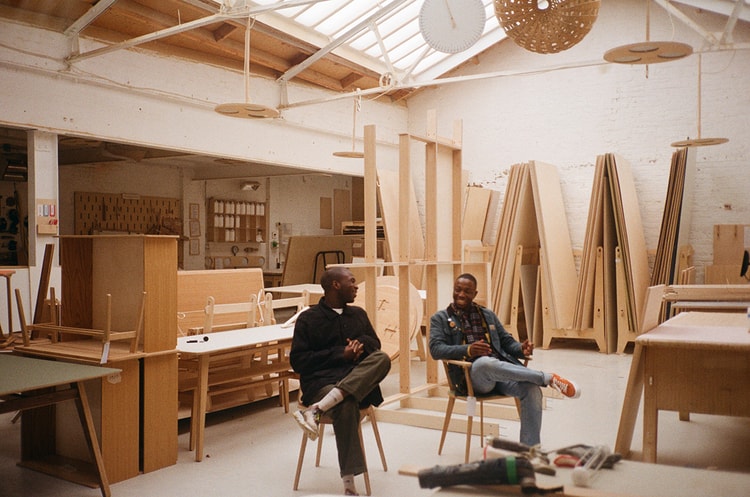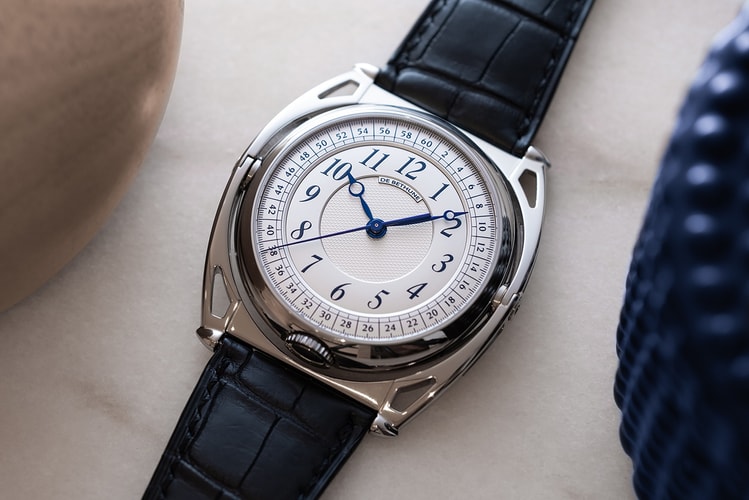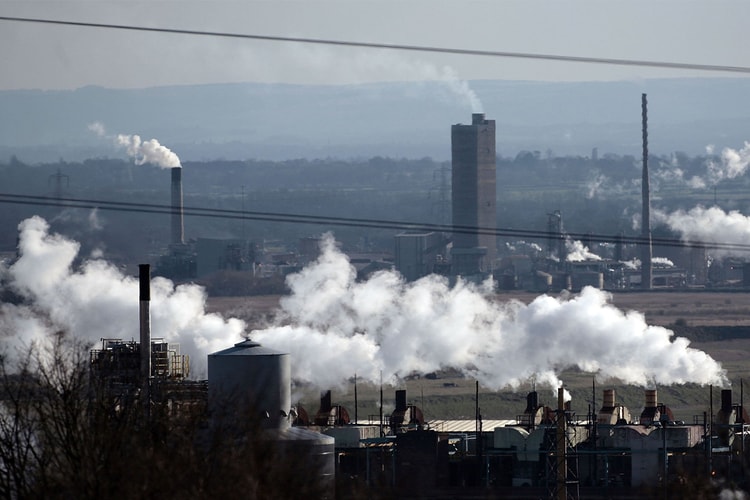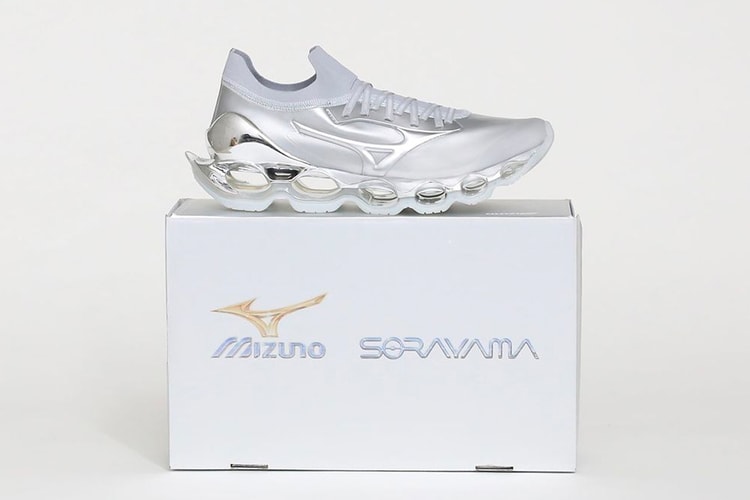Will There be Music Festivals in 2021?
Vaccination rollouts in the U.K. have provided a glimmer of hope for event organizers — but there’s still a long way to go.
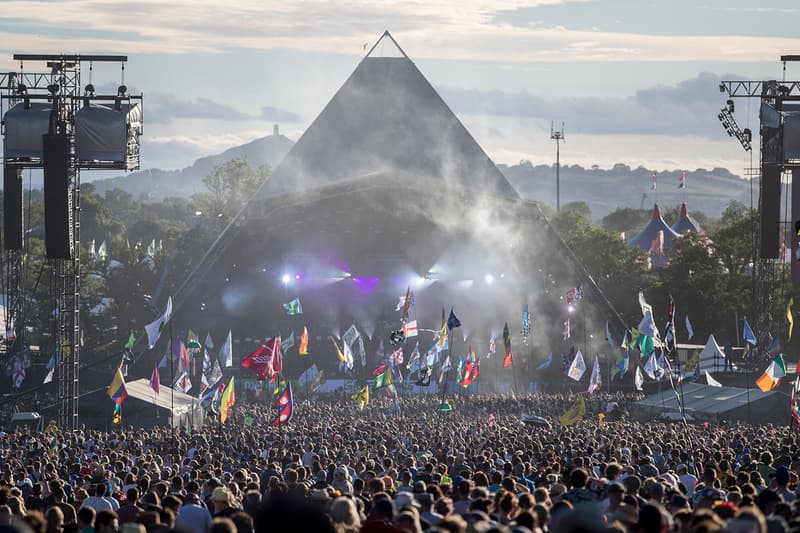
The U.K. music industry remains one of the most heavily-hit cultural sectors to be affected by the COVID-19 pandemic. After a booming 2019, which saw the it contribute a record £5.8billion (approximately $8billion USD) to the U.K. economy and reach an all-time high of employment, 2020 was a sharp jolt.
According to a “Music By Numbers 2020” report commissioned by U.K. Music, the sector lost around 85-percent of its live revenue across the year following cancellations, while music creators themselves faced losses of up to 80-percent of their predicted income. These cancelled events also sent waves across the music magazine sector, with the likes of Q, Crack, Loud and Quiet and more missing out on valuable paid advertisements that are usually guaranteed around festival season, and contributing to their collapse. And, of course, almost every music festival slated for 2020 was postponed, and postponed again, before being cancelled. The economic effects of that have been devastating for organisers.
The Association of Independent Festivals — an organisation that represents 65 festivals across the U.K. — reported that the cost of cancelling its 2020 events put the majority of their clientele into severe financial hardship. Refunds of up to £800million (approximately $1billion USD) were due as a result of the cancellations, while non-refundable overhead costs reached on average £375,000 (approximately $510,000 USD). While many of the larger festivals are able to survive such damning financial hits for one year at least, many others aren’t so lucky and are facing closure if they haven’t already. Even the country’s most iconic festival has been left with its future uncertain.
Now, though, a vaccine and subsequent roll-out plan has culminated in a light at the end of the COVID tunnel and a glimmer of hope for many. Last week, Dr Anthony Fauci told a conference held by the Association of Performing Arts Professionals that he believed festivals could make a return in the U.S. “some time in the fall of 2021”, while an earlier date and at least 14million vaccinations are set to be received across the United Kingdom by February. This ambitious roll-out is already well underway, with the government even admitting they’re “hopeful” the country can have a “Great British summer”.
While vaccinations remain the main concern in festivals going ahead this summer, social distancing and similar preventative measures will most likely remain in place, resulting in what’s expected to be an all-round new festival experience for everyone.
John Giddings, who runs Isle of Wight Festival, last week took to Twitter to offer his services on ensuring vaccinations stay on track. He tweeted: “Dear Boris Johnson. We are the music business – we have thousands of skilled people capable of running events and empty theatres/clubs/arena. Give us the vaccines and we will work 24 hours a day to sort it?”
“I think you’d probably need 50% of the audience to be vaccinated, and for 50% to be able to get a test in a very short period of time”.
While many took the Tweet to be a lighthearted Giddings himself confirmed he was entirely serious, and was keen to help out where they could in order to save the U.K. ‘s music industry. “I was lying in bed last night thinking: why don’t I do something as opposed to waiting for people to tell me what to do?’” he told NME in a recent interview. “I sent out a tweet saying that I’ve got thousands of people who know what they’re doing and hundreds of empty venues.”
Despite the efforts being made, many festivals across the U.K. like Parklife and Mighty Hoopla have already postponed their events to later in the year in a hope of increasing the chances it goes ahead, with the chance of another cancellation potentially fatal.
“I think you’d probably need 50% of the audience to be vaccinated, and for 50% to be able to get a test in a very short period of time,” Giddings continued. “I don’t think that’s unrealistic. Isle Of Wight Festival is six months away, it’s not tomorrow. I just want to help accelerate the process”.
George Pritchard, Head of Events and Talent at Defected Records, thinks we need to learn from other countries and how they run their own events. The London-based record label is behind the popular Defected Croatia that’s held yearly in the south of the country — an event they’re positive will take place this year.
“We are super confident it will go ahead,” he told HYPEBEAST. “It’s all outdoors. Croatia had some events last year, all within COVID restrictions, so they’re doing something right. Although last year didn’t happen, we survived. Two years in a row though will be very damaging for us as a brand and those that follow us”.
“A huge amount of festivals are independent and if they fall on hard times, they’ll ultimately be lost”.
Another country to be leading the charge on COVID-safe festivals is Spain, who in December ran a test event that saw over 1,000 people attend the Barcelona-based trial. Organised by the company behind the famous Primavera Sound, PRIMA-CoV, as it was named, ensured attendees had to pass a rapid COVID test upon entry, before being moved into designated areas for dancing and standing, as well as socially-distanced refreshments and toilets. While this approach resulted in none of the attendees testing positive for the virus within 14 days of the festival, the question begs as to how well it can be scaled up.
On what consequences it could have for the U.K. festival industry should the virus result in another year of cancellations, Jamie Tagg, one of the organisers of London-based festival Mighty Hoopla said: “It will cause long-term damage to the industry with fewer live options available to audiences. It will put a lot of pressure on the supply chain for those that do survive too. A huge amount of festivals are independent and if they fall on hard times, they’ll ultimately be lost”.
Although there are ways to live alongside COVID, the recent vaccine announcements have given music lovers a glimmer of hope that festivals needn’t change. Events like Glastonbury and Reading and Leeds are yet to make a decision soon on the fate of their 2021 events, with many waiting on updates regarding the vaccine roll-out. If all goes as planned, a host of large-scale events have a big chance of taking place this summer, if it doesn’t, however, and we face further cancellations, it could signal the end for some of the U.K.’s most exciting independent events, and British summer as we know it.


















